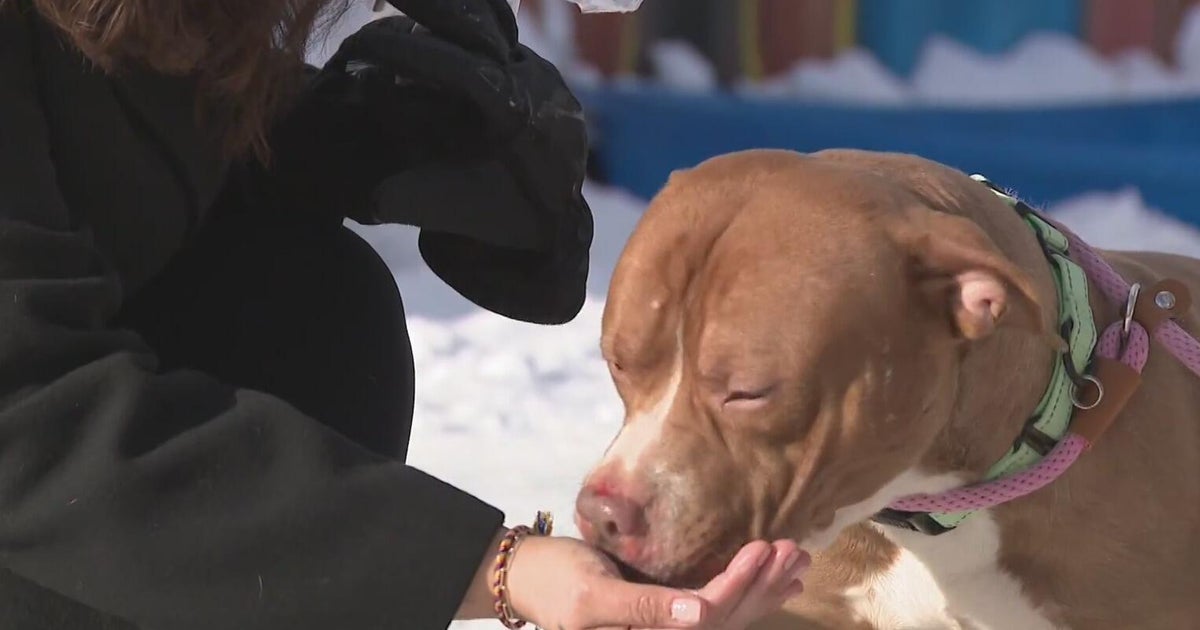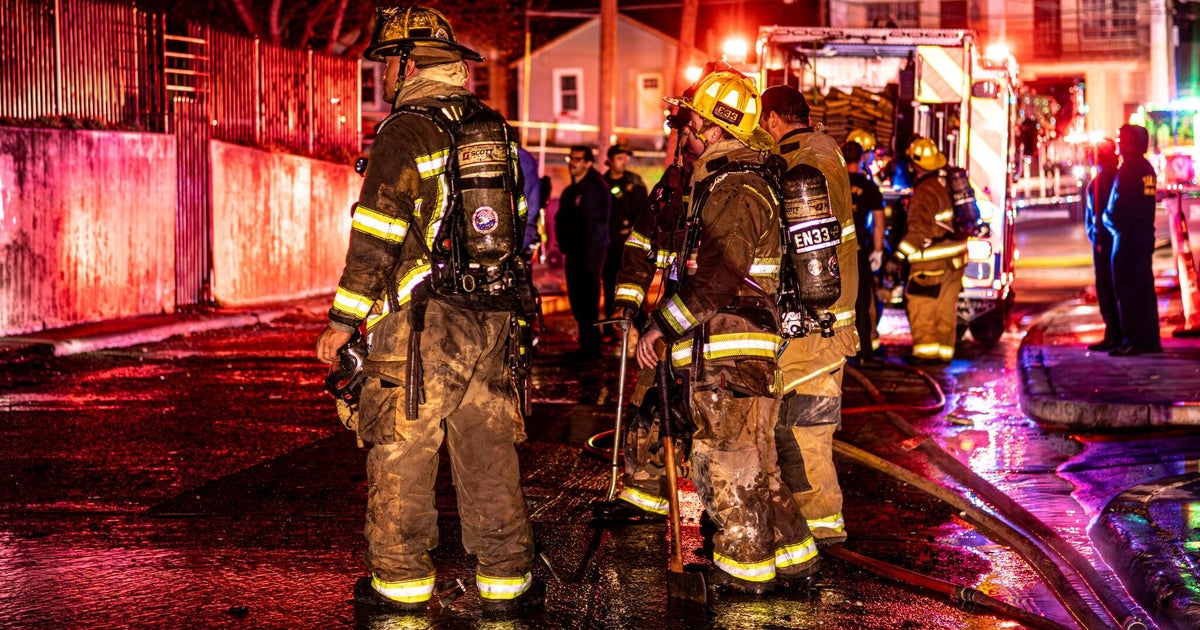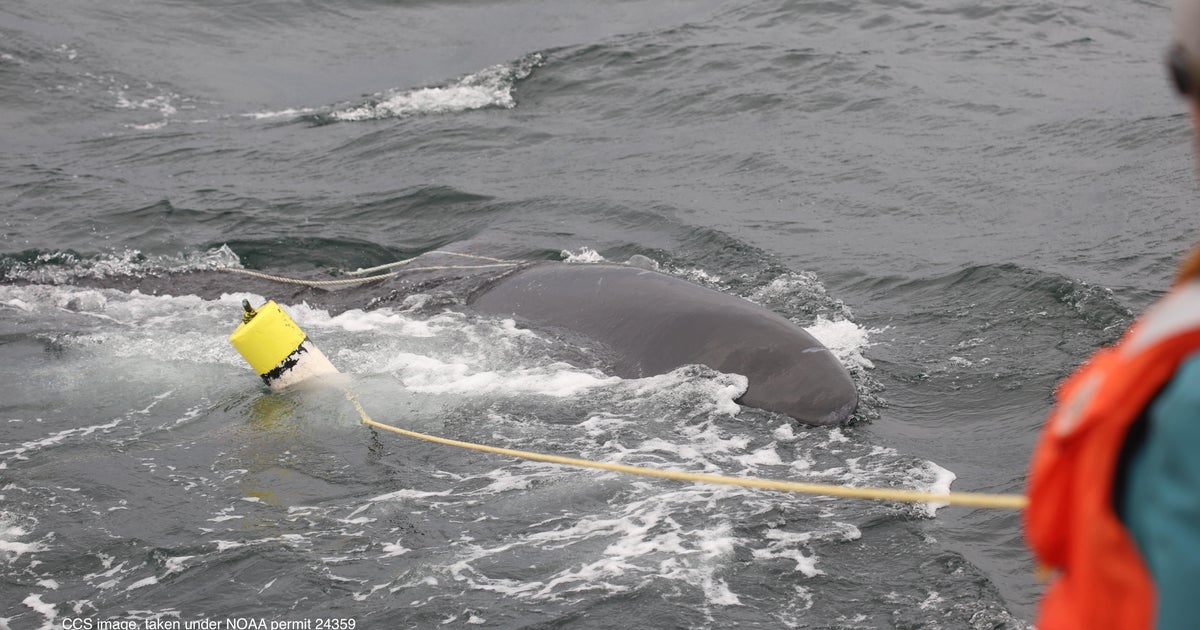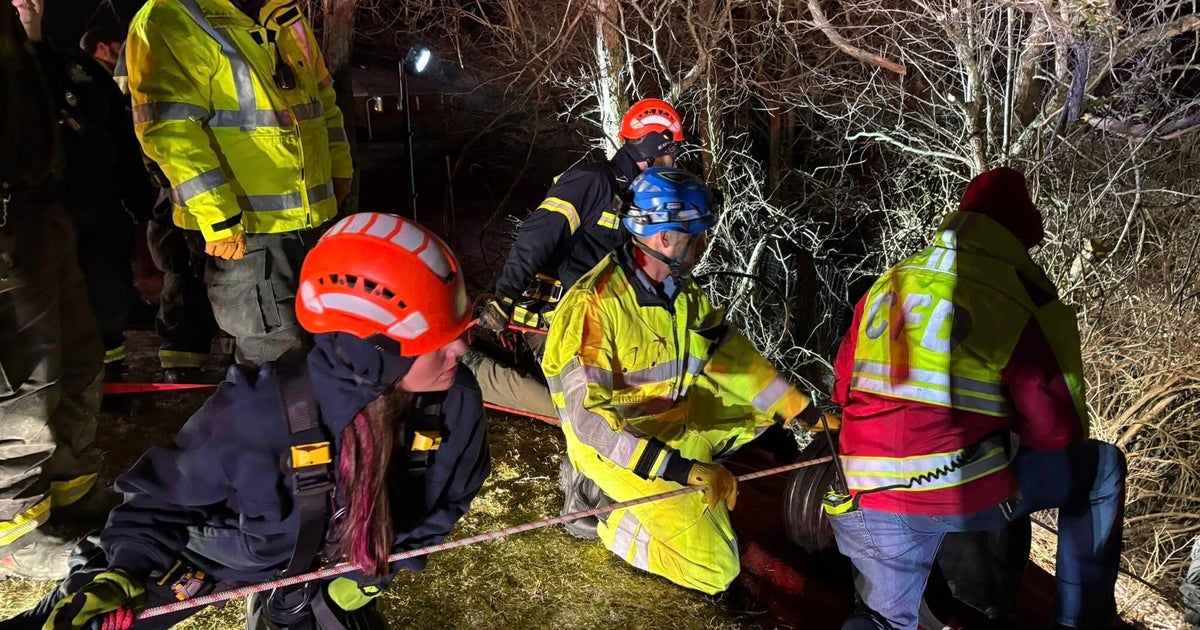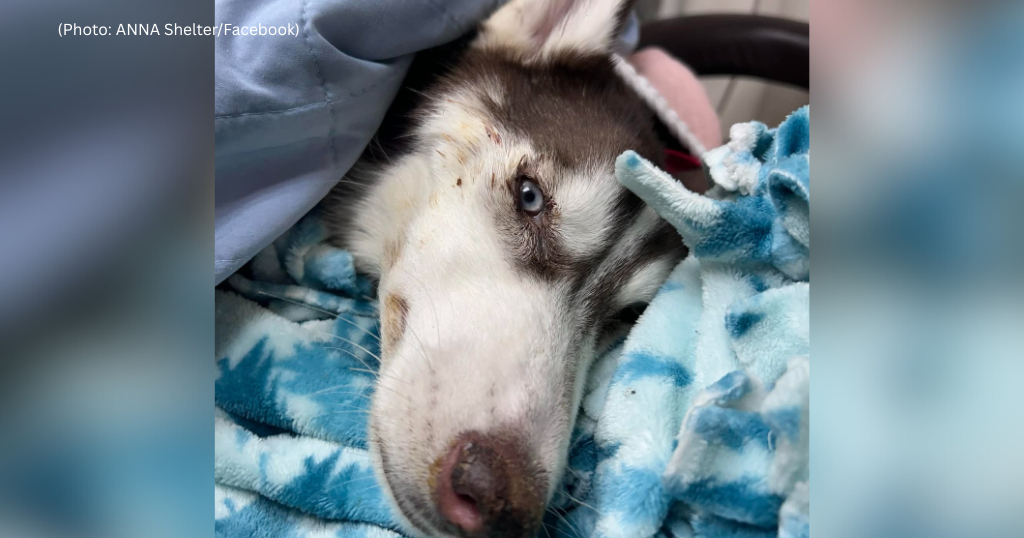Rescued pelicans released into San Francisco Bay after rehab
Last month KPIX reported on a wave of sick and starving pelicans landing in Bay Area rescue centers. Now, there's an encouraging follow up on some of those birds.
More than two dozen of them are back in the wild after their rehabilitation stint.
"They love to spend time together," explained Russ Curtis of International Bird Rescue. "I think some of them have been up at our main aviary and are like "it's time to go home."
It was very close quarters for the last mile of their recovery, but the destination was the foot of the golden gate and a return to the wild. The brown pelicans showed up starving or disoriented across the region before being rehabilitated in Fairfield.
"27 birds," Curtis said of the day's release. "This is gonna be our biggest release so far."
So with the crate lined up the gates were opened, and it was very clear that just about every single bird was ready to go.
"They'll break off in the groups," he said of the clusters they made in the bay. "I'll find sometimes some of them I have even seen, it looks like they pair up a little bit, you know, hang out together after hanging out that long in captivity."
"What I see is they start dunking into the water," said rescue worker JD Bergeron. " They start preening, wetting their feathers. Maybe even start looking for food."
Bergeron says there was one reluctant pelican.
"There was one of the kennels where one of the birds was faced the wrong way, and it was a younger bird, which doesn't always follow the lead as easily," he said of the holdout. "So that kennel, we were having trouble getting them released because the burden was afraid, blocking the two that were probably ready to go."
Researchers aren't exactly sure yet what is causing the difficulty for brown pelicans but they do well if they can get proper care..
"The truth is that pelicans are incredibly resilient," Bergeron explained. "You feed them, you give them access to a clean place to be in a safe place to be, and they do the work themselves. The recovery is on them. We're just there to make the environment right."
So these birds are starting over on the Bay, and the team is already getting good news about birds that have already been released.
"The great thing about it is that each one of these birds has a special blue band," Curtis said. "And we've already got reports from birds that have flown south. There's one as far south 600 miles that was released last month."
